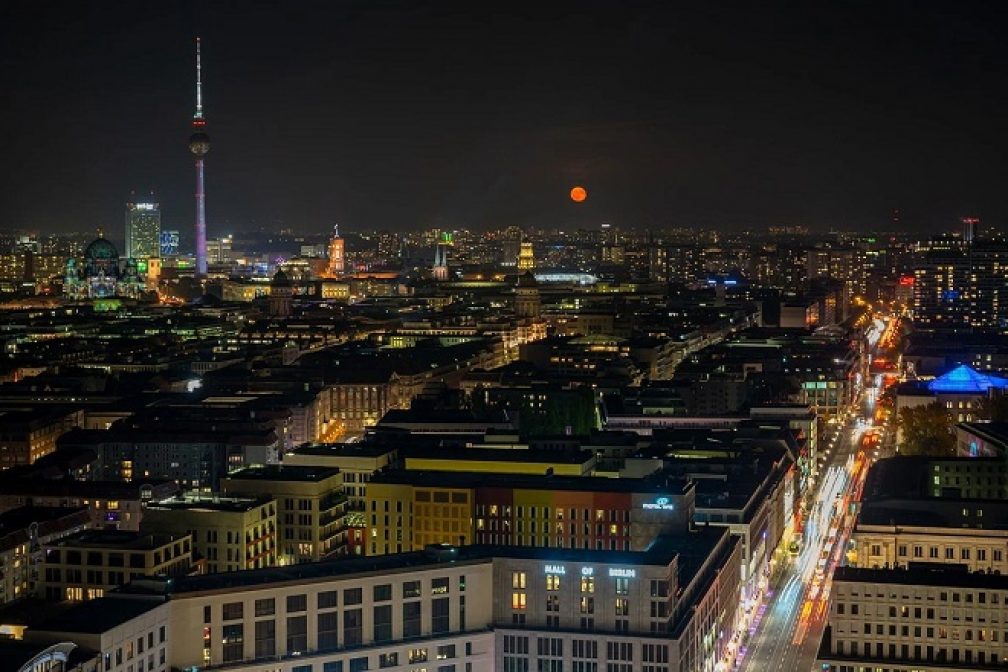Clubs in Berlin have been declared 'cultural institutions'
Berghain is currently the only club marked a cultural site in Berlin
A vote in favour of Berlin clubs becoming cultural institutions opposed to entertainment sites was passed by an overwhelming majority yesterday, May 5, by the Berlin Building, Housing and Urban Development committee.
The vote will be taken to the federal government tomorrow, May 7, for final consent. If the new law is passed, clubs will be offered additional support and protections, including financial aid to overcome the economic impact of the pandemic, tax breaks, permits allowing them to operate in wider areas of the city and potential exemptions from noise limits.
Read this next: Berlin nightlife won't be back to normal until end of 2022, predicts club commission
According to Live Musik Kommission, the vote in favour was almost unanimous and will see clubs and live venues join theatres, museums and concert halls as cultural sites, while 'entertainment venues' include brothels, cinemas and casinos.
The result follows a year of campaigning led by the Parliamentary Forum For Club Culture & Nightlife.
Berghain is currently the only club in Berlin classified as a cultural institution. In 2016, the notorious venue fought a lengthy trial which resulted in the landmark decision for it to be defined as “high culture”, meaning their tax rates dropped by 12%.
Read this next: Beyond Berghain: 10 clubs you need to rave at in Berlin
Berlin Club Commission’s Pamela Shobeß said: “With today's decision, the Bundestag is sending a strong and long overdue signal to the republic. Music clubs are cultural institutions that shape the identity of city districts as an integral part of cultural and economic life. Now, an outdated law is to be adapted to reality. This helps to keep cities and neighbourhoods alive and liveable and to protect cultural places from displacement."
In 2018, Berlin’s club scene brought in a whopping €1.5 billion to the economy, and Germany recently pledged €2.1 billion in 2021 toward its cultural venues and projects.
Gemma Ross is Mixmag's Digital Intern, follow her on Twitter

